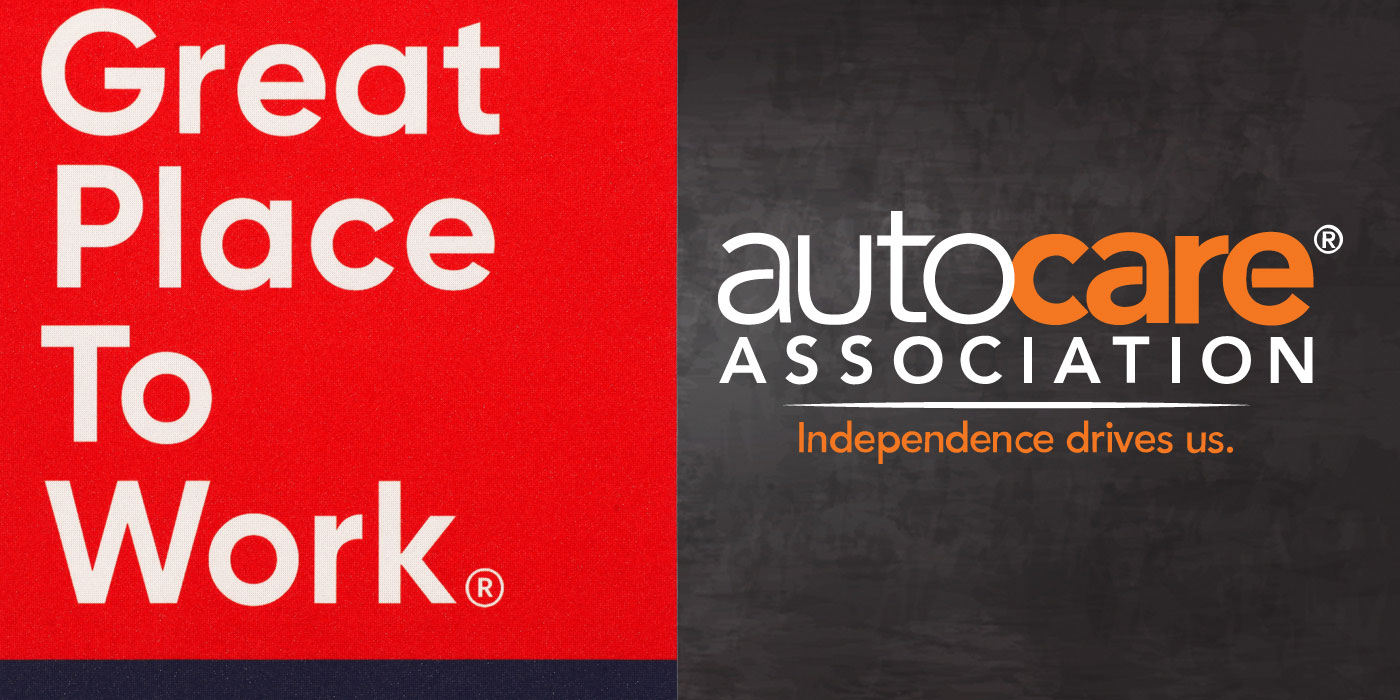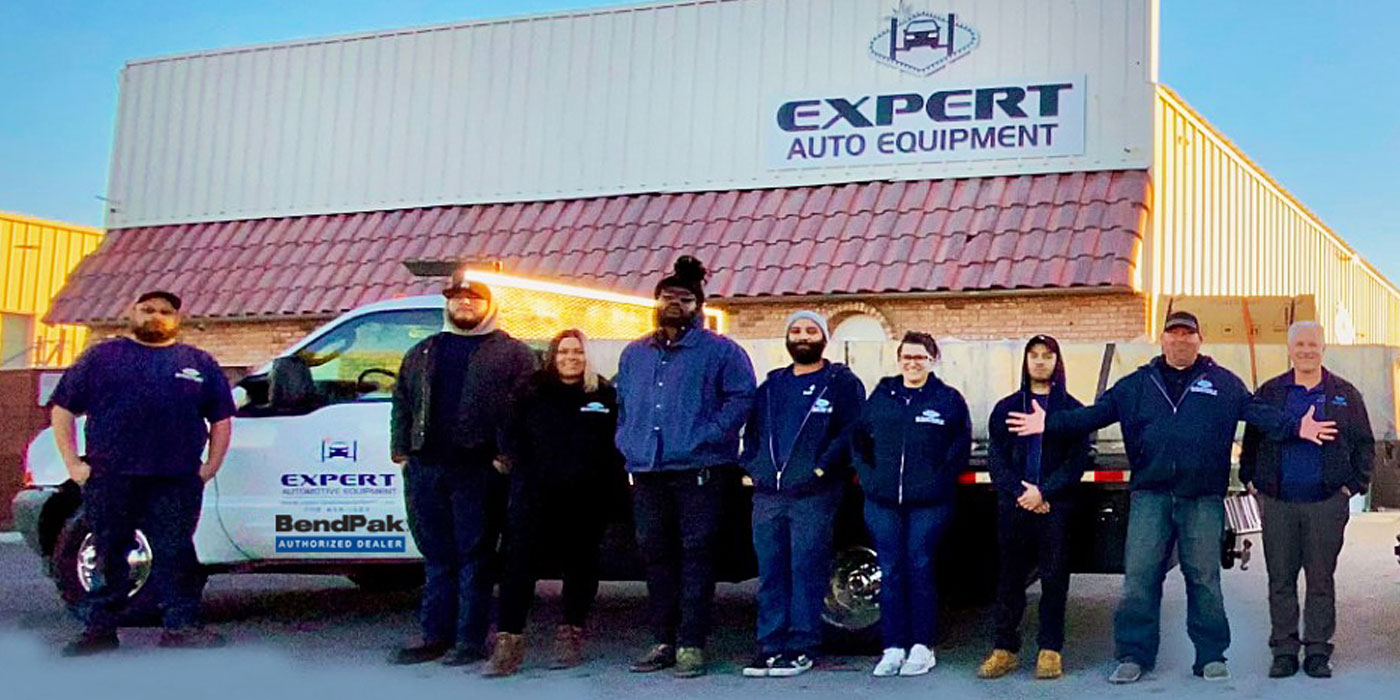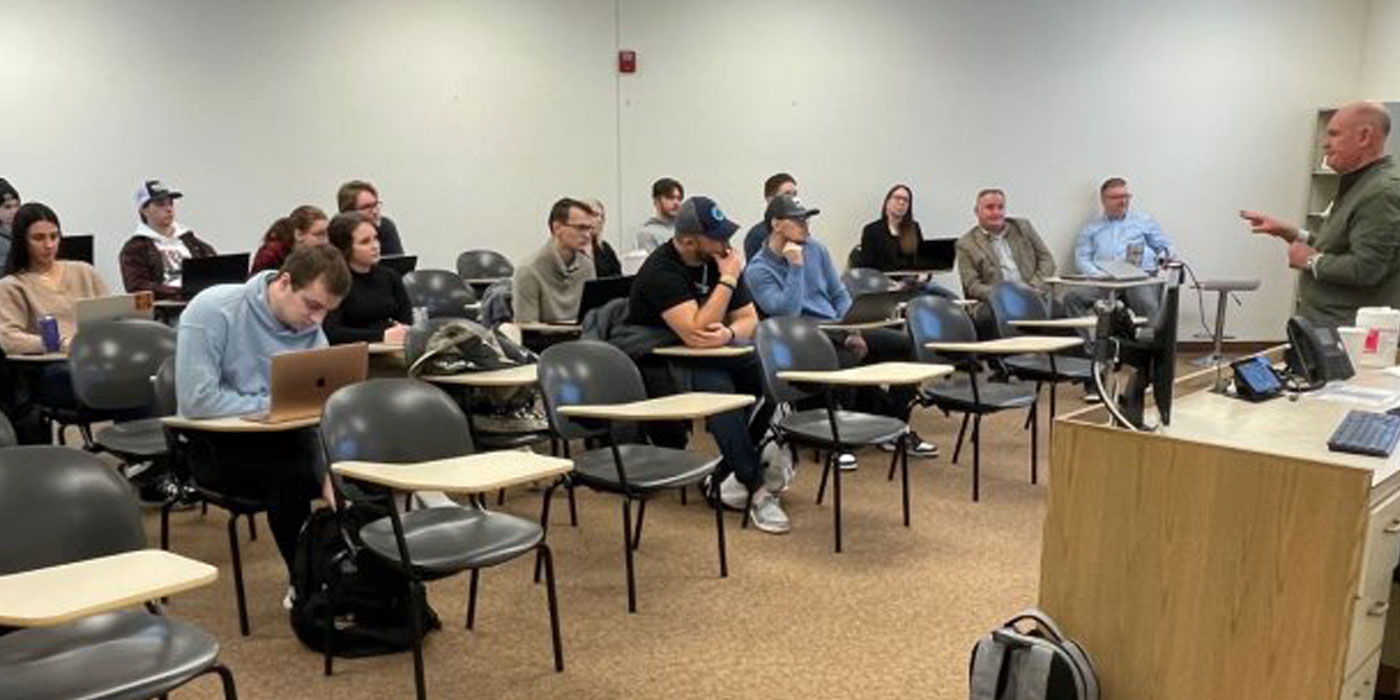When you think about it, writing this column is a profound, yet fascinating responsibility. Once a month I get to share a tiny piece of what this industry feels like from the other end of the microscope. I get to tell you what it’s like sitting on the slide, looking up through the lens at the singular, all-seeing eyeball of the aftermarket, while you peer down at us trying to figure out what’s going on down here.
It is a way to describe the industry for what it really is, the way it really works for those of us slipping and sliding around on the glass, reporting it as accurately and honestly as I can, without fear or reservation. But there is always a chance you may find yourself guilty of the same thing you just pointed out as problematic when instigated or originated at your end of the automotive service continuum.
It started with a Suburban you actually had to “herd” in order to keep it in one lane. It needed both a new Idler Arm and a new Pitman Arm, among a host of other steering and suspension parts, parts that were ordered from our “first call” undercar specialist. As luck would have it, the Pitman Arm was wrong. Instead of having four “flats” cut into the Arm where it fits on to the Sector Shaft, the one we received had none.
In my world not having the right part at the right time crushes productivity and erodes profits instantly. But, that isn’t the real story here. Sure, we were stuck. And, yes, productivity — at least, on this job — went to hell almost instantly. But, it’s what happened next that I’m almost embarrassed to share with you!
We are a busy shop, a “production” shop. When things are moving the way they are supposed to, the way we like them to move, things are “cranking” and our technicians are all business.
The mistake was rectified and the right, “right” part was delivered. The technician working on the job grabbed the wrong, “right” part and placed it back in the box — which, by the way, was still pristine. He took the “right,” right part and placed it on his cart. He followed protocol and marked the wrong, “right” part, as incorrect and “returned” on his paperwork and handed that paperwork off to the counter. We removed the wrong, “right” part from the working copy of the customer’s bill and placed it physically in that supplier’s “returned goods bin” and entered the right, “right” part on the customer’s invoice.
The supplier did his job. His driver picked up the part, issued a pick-up slip and brought it back to the warehouse. The warehouse people did their job. They issued a credit, almost instantly, and returned the credit slip to us on what seemed like the next delivery!I did my job. I received the credit memo, grabbed the pick-up slip, found the original invoice and was just about to reconcile all the various documents and post the credit when I realized there was a difference between the cost of the right, “right part,” and the cost of the wrong, “right” part.
When our technician placed the Pitman Arm in the box — one of three boxes in his cart. He placed it in the wrong box, which resulted in the wrong pick-up slip, and the wrong credit. I figured it all out, called our supplier, confessed our sins, begged for absolution and was forgiven.
We received the right credit for the right part and moved on, but not before I had the opportunity to really examine what had happened and why. It bothered me that we have policies and procedures to ensure stuff like this doesn’t happen. And yet, despite all our effort and hard work it did. And, then I realized that because of all of our effort and hard work, and because of all the effort and hard work our supplier invested at the other side of the parts counter, we were able to catch and correct the problem within 24 hours.
The flow of paperwork moved from warehouse to shop, from shop to technician, from technician to the office and then back again exactly as designed. The boxes were clean and virtually unmarked. They were still on-site and fit to be returned. We were able to trace the movement of parts, returns and credits perfectly and what could have been a bookkeeping nightmare turned out to be a mild inconvenience.
The good news is I was forced to recognize just how easy it is for things to go wrong on either side of the parts counter. It was, if nothing else, a profoundly humbling experience.
The bad news is I have to wonder just how many service centers have the kind of process that lends itself to identifying and addressing problems like these as quickly and completely as we both, the warehouse and our shop, did. And, if this isn’t the norm, what can we do to ensure we are both looking through the same end of the microscope, the same lens?
What can we do to share information, policies, process and procedures, in order to mitigate or eliminate problems like these before they occur, reducing cost and increasing profits as we move the performance needle in the right direction for all of us?
Mitch Schneider co-owns and operates Schneider’s Automotive Service in Simi Valley, CA. Readers can contact him at [email protected].










